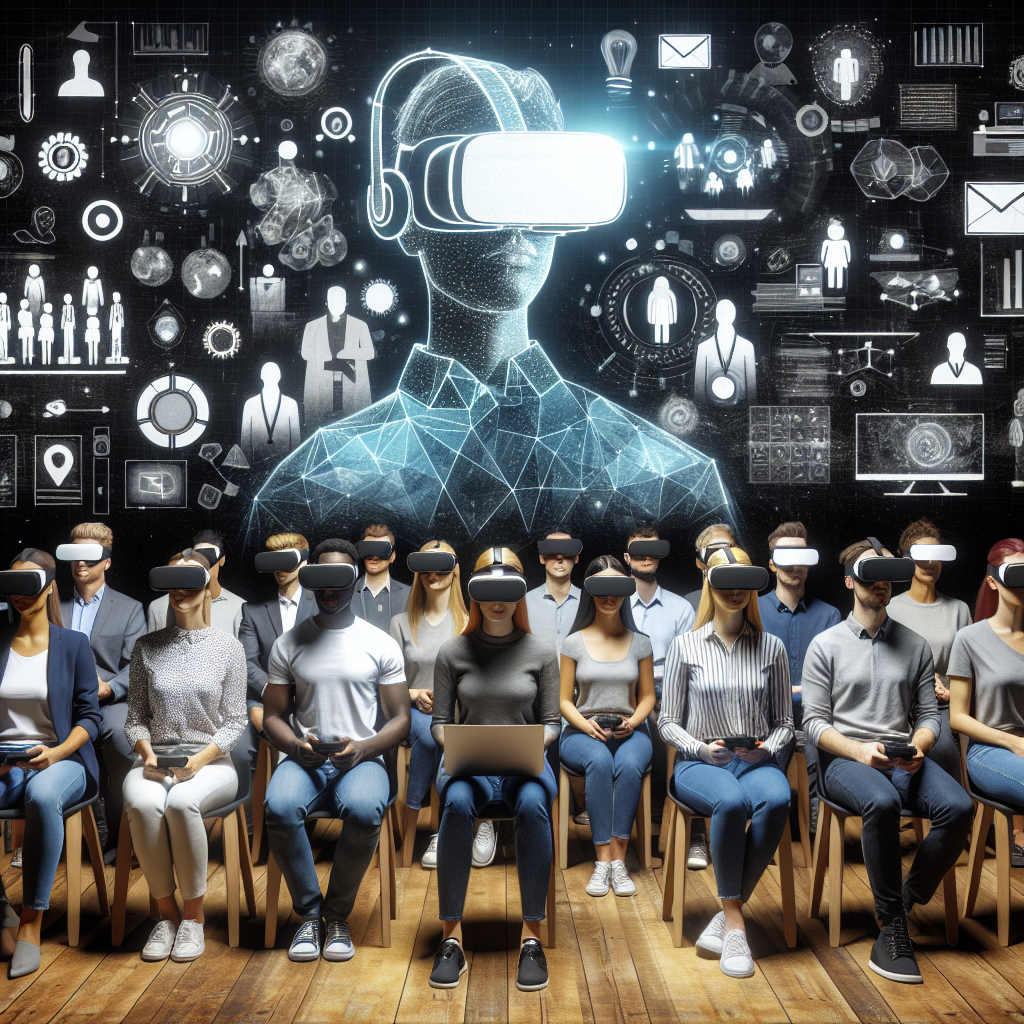Virtual reality (VR) technology has been making waves in various industries, and one area where its impact is particularly significant is in education and training. VR has the potential to revolutionize the way we learn and acquire new skills, offering immersive and interactive experiences that can enhance the learning process.
One of the key advantages of using VR in education and training is its ability to create realistic simulations that allow learners to practice and apply their knowledge in a safe and controlled environment. For example, medical students can use VR to perform virtual surgeries, giving them hands-on experience without the risk of harming real patients. Similarly, pilots can use VR flight simulators to practice their skills and improve their performance in a realistic setting.
Moreover, VR can also help to make learning more engaging and interactive. By immersing students in virtual environments, educators can create dynamic and interactive lessons that capture their attention and stimulate their curiosity. This can lead to improved retention and understanding of complex concepts, as students are more likely to remember information that they have experienced firsthand in a VR environment.
In addition, VR can also provide access to educational resources and experiences that may not be possible in a traditional classroom setting. For example, students can take virtual field trips to historical landmarks or explore outer space, giving them a unique and immersive learning experience that goes beyond what textbooks and lectures can offer.
Furthermore, VR can also be used to personalize learning experiences and cater to individual learning styles. By using data analytics and AI algorithms, educators can track students’ progress and adapt the VR content to their specific needs and preferences. This can help to ensure that each student is receiving the support and resources they need to succeed.
Overall, the impact of VR on education and training is significant and far-reaching. By providing immersive, interactive, and personalized learning experiences, VR has the potential to transform the way we learn and acquire new skills. As the technology continues to evolve and become more accessible, we can expect to see even greater advancements in the field of education and training in the years to come.


Leave a Reply